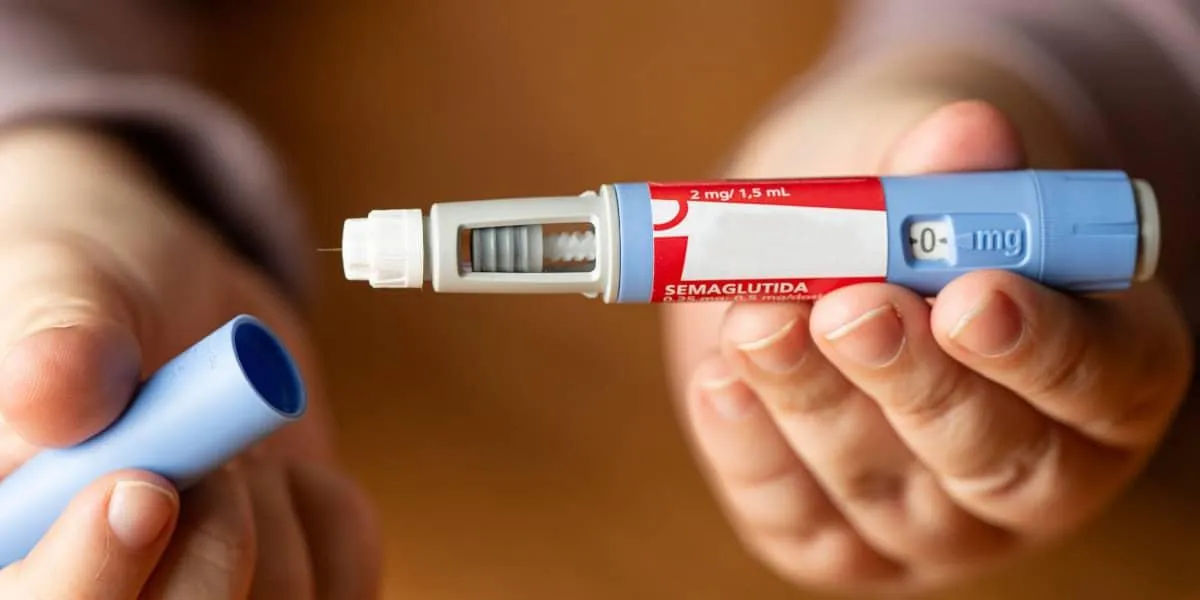
Ozempic & Weight Loss
🩺 Ozempic & Weight Loss: What Your Coach Wants You to Know
You’ve probably heard people talking about Ozempic—maybe on TikTok, in the news, or even at your gym. Originally designed to treat Type 2 diabetes, this medication is now being used for rapid weight loss, and it’s catching a lot of attention.
But what does this mean for your health, your fitness goals, and how you train?
As a personal trainer and coach, I want to share what most people aren’t talking about when it comes to Ozempic, and how you can make informed, balanced choices—whether you're using it or not.
💊 What is Ozempic, Really?
Ozempic (semaglutide) is a GLP-1 receptor agonist, which means it mimics a hormone in your body that helps regulate blood sugar and appetite. It slows digestion, reduces hunger, and helps people feel fuller faster.
In plain English: you eat less because you’re not as hungry, and that leads to weight loss.
🚨 But There’s a Catch…
Yes, people lose weight on Ozempic—but here’s the part that doesn’t get enough attention:
👉 A big portion of that weight loss can be muscle.
That’s right. If you’re not eating enough protein or doing strength training while on Ozempic, your body can burn muscle along with fat. And that’s a huge problem.
Why?
Muscle helps control your metabolism
It protects your joints and bones
It gives your body shape and strength
Losing it makes it harder to keep weight off long-term
So while the number on the scale might drop fast, you could be slowing down your metabolism and weakening your body in the process.
🏋️♂️ How Fitness Comes Into Play
Whether or not you’re on Ozempic, what you do in the gym matters more than ever.
Here’s how to protect your muscle and health:
✅ 1. Strength Train at Least 3x a Week
This is non-negotiable. Lifting weights signals your body to hold onto muscle—even in a calorie deficit.
✅ 2. Eat Enough Protein
Aim for about 0.7 to 1g of protein per pound of bodyweight, depending on your goals and training intensity. This gives your body the building blocks it needs to repair and grow muscle.
✅ 3. Don’t Skip Recovery
Ozempic can mask hunger and fatigue, so it’s easy to push too hard. Make sure you’re still prioritizing sleep, hydration, and recovery days.
🧠 Mindset Check: There Are No Shortcuts
There’s nothing wrong with using tools to help you lose weight. But don’t forget: long-term success comes from lifestyle, not medication alone.
No shot, pill, or product will teach you:
How to fuel your body
How to build strength
How to stay consistent through life’s ups and downs
That’s where coaching, education, and a good fitness plan come in.
💬 Final Thoughts From Your Coach
If you're thinking about using Ozempic—or already are—here’s my advice:
Use it as a bridge, not a crutch.
Pair it with structured training and proper nutrition.
Get support from a coach who understands both the science and the strategy behind lasting weight loss.
And if you’re not using Ozempic? That’s okay too. The core principles of fat loss haven't changed: move consistently, lift weights, eat well, sleep, and manage stress.
There’s no shame in getting help—but there’s also no replacement for putting in the reps.
Want help building a plan that protects your muscle, improves your health, and fits your lifestyle—Ozempic or not?
📩 [Reach out for a FREE Discovery Call]
